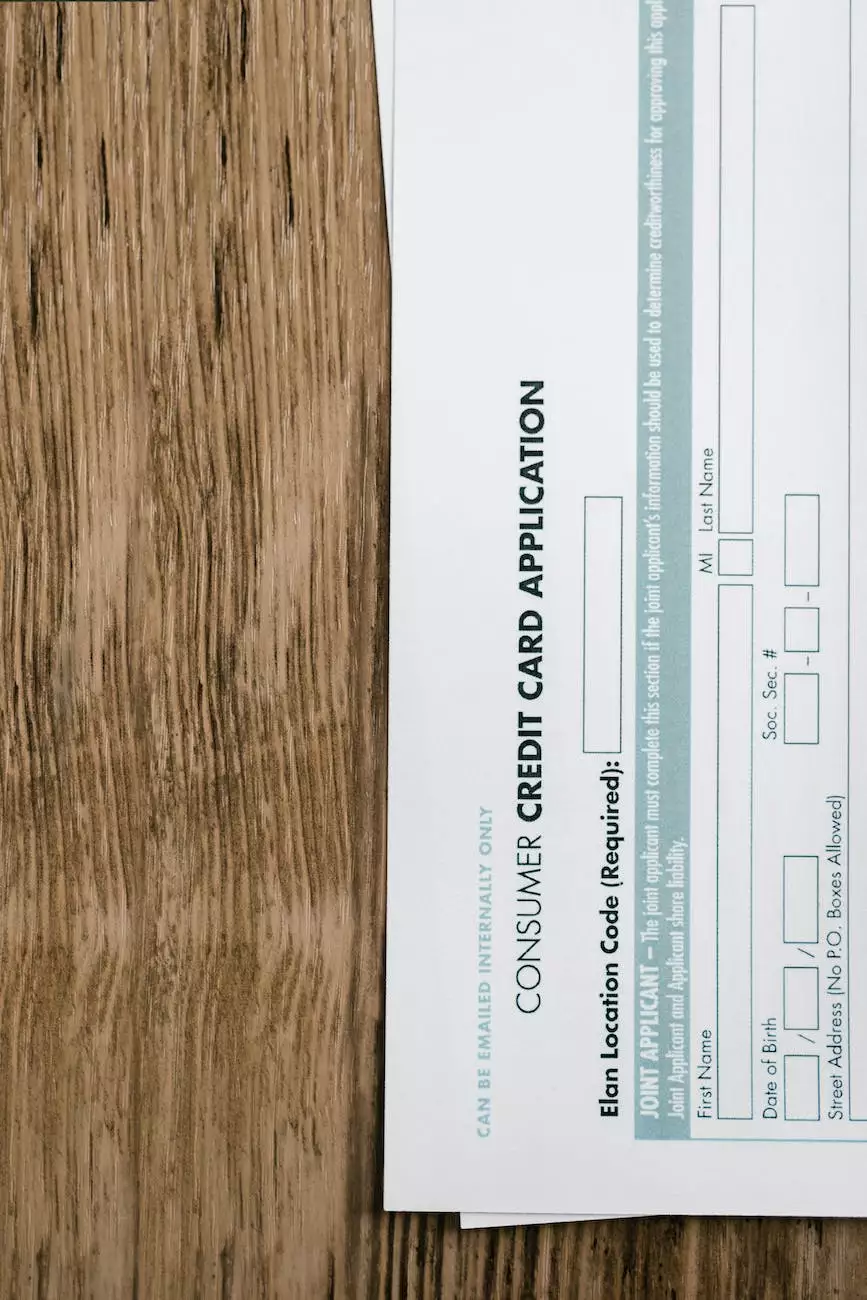6 Ways Being Self-Employed Can Impact Your Credit (& More)
Financials & Reports
The Importance of Understanding Credit When You're Self-Employed
As a self-employed individual, it is crucial to understand how your credit can be impacted by your business activities. Whether you are just starting your entrepreneurial journey or have been self-employed for a while, this guide will help you navigate the potential effects on your credit score.
1. Inconsistent Income and Creditworthiness
One of the key challenges faced by self-employed individuals is the fluctuating income. Lenders often consider stable income as a vital factor in determining creditworthiness. With irregular income, it may be more difficult to prove your ability to repay loans, potentially impacting your credit applications.
2. Difficulty in Qualifying for Traditional Loans
Compared to salaried employees, self-employed individuals may find it harder to qualify for traditional loans, such as mortgages or car loans. Lenders typically prefer stable income and may require additional documentation to assess your creditworthiness. This can make obtaining credit more challenging or result in higher interest rates.
3. Self-Employment Tax Obligations and Credit Management
Understanding your self-employment tax obligations is vital to managing your credit effectively. Failure to pay self-employment taxes can result in penalties, affecting your financial stability and potentially damaging your credit score. It's crucial to allocate sufficient funds to cover both your personal and business tax liabilities.
4. Impact on Personal Finances and Credit Utilization
As a self-employed individual, your personal finances might be closely intertwined with your business operations. This integration can impact your credit utilization. Using personal credit cards or loans for business expenses can increase your credit utilization ratio, potentially lowering your credit score. It's essential to keep your personal and business finances separate to maintain a healthy credit standing.
5. Managing Business Debt and Its Effect on Credit
Accumulating business debt is not uncommon for self-employed individuals, especially during challenging times or when investing in business growth. However, mismanagement of business debt can negatively impact your personal credit. Falling behind on business loan payments or maxing out business credit lines can harm your creditworthiness and make it challenging to secure personal financing in the future.
6. Building a Strong Credit Profile as a Self-Employed Individual
Despite the potential challenges, self-employed individuals can build a strong credit profile by adopting good financial practices. Here are some key tips:
- Monitor Your Credit: Regularly review your credit reports to ensure accuracy and dispute any errors promptly. Utilize credit monitoring services to detect any suspicious activity.
- Separate Personal and Business Finances: Open a dedicated business bank account and obtain a separate business credit card to maintain clear separation between personal and business finances.
- Manage Debt Responsibly: Make timely payments on both personal and business loans. Prioritize debts with higher interest rates to minimize long-term costs.
- Establish Emergency Savings: Create a contingency fund to handle unexpected financial challenges. This can help you avoid relying heavily on credit during difficult times.
- File Taxes Accurately and On Time: Stay organized with your tax obligations and meet all filing requirements to avoid penalties and potential credit implications.
- Seek Professional Guidance: Consider consulting with a financial advisor or tax professional who specializes in assisting self-employed individuals to optimize their credit management strategies.
By implementing these practices and staying vigilant about your credit, you can effectively manage the impact of self-employment on your creditworthiness and maintain a healthy credit profile.
Conclusion
Being self-employed can have both positive and negative effects on your credit. It is crucial to be aware of the potential challenges and take proactive steps to mitigate them. By understanding how self-employment can impact your creditworthiness and following good credit management practices, you can navigate the financial landscape effectively and secure a strong credit future.










